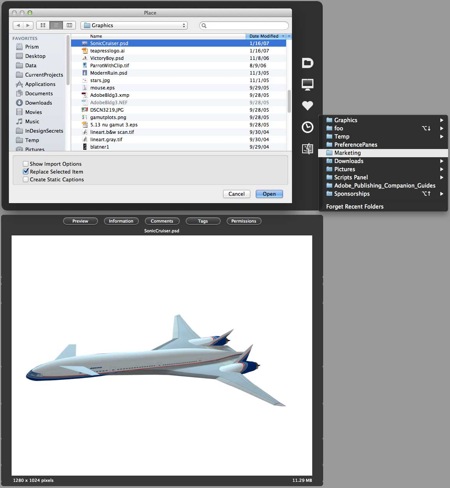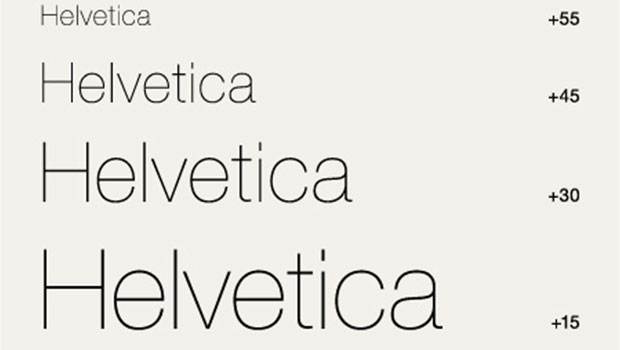Notes From the Epicenter: Nostra-Dudrow

All those people who harped on for years about how 2001 is the actual start of the new millennium may have a point. New Year’s 2000 was pretty darned anti-climactic after all. No Y2K-fueled mainframe meltdowns, no nuclear disasters, no malfunctioning elevators or power outages. The only thing that seemed broken last New Year’s Day (which I spent in a fully-functioning Los Angeles) was my poor champagne-addled body.
Perhaps 2001 will be more eventful and “millennial”, but I think chances are better that it won’t be. After the popping of the 1999 Internet bubble, we could well be in for a year of normalizing — normalizing economic expectations, normalizing business models, normalizing housing prices, and normalizing hype indexes. Here are my predictions — some trends I believe will characterize the Internet-related new year.
Dot-com Downsizing
Or, as the consultants and spin-doctors might say, “rightsizing.” Not every dot-com will see itself immortalized on my favorite deathwatch Web site, and those that make it through the dot-com downturn will survive by making themselves leaner and more financially conservative. That means no more Boo.com-style employee sign-on packages of cell-phones, PDAs, and credit cards; no more employees with job titles that don’t come close to describing what they actually do (like the “editors” at Looksmart.com); and no more stolid convictions that there’s always more venture capital to be raised.
No More IPOs
This, of course, is the most obvious lesson of the past two years. Internet funny money is a lot more like Monopoly money than anyone had hoped: At the end of the game, you’ve got to put it back in the box. Internet start-ups (a term you’ll hear less and less of) will wait as long as possible, ideally until they have a proven business model, before going public.
No More Dot-com Takeovers of Real-World Businesses
Okay, so AOL isn’t really a dot-com. And eBay actually makes money. But the companies’ successful takeovers of media stalwart Time Warner and real-world auction house Butterfield & Butterfield, respectively, aren’t likely to be oft-repeated. When weighed against debacles such as Living.com’s March 1999 takeover of the Shaw Furniture Gallery in North Carolina (the dot-com took 13 months and $70 million to bankrupt the 60-year-old business), it seems unlikely that many brick-and-mortar companies will submit willingly to such an arrangement.
Brick-and-Mortar Takeovers of Dot-Coms
As more highly hyped (and heavily advertised) dot-coms face bankruptcy, their names and online brand identities could start getting snatched up by real-world businesses looking to build an online presence. Toys R Us could take over eToys.com. The makeup superstore Sephora could take over Eve.com. Petco could take over Pets.com. The already-established brands would save businesses from having to start from scratch to promote their Web sites, and the revenue from the sale of the names could buy the outgoing dot-com employees an extra month of severance pay, or failing that, one final party.
No More Free Downloads
With the anarchist music site Napster making noises about moving to a pay subscription model, it looks like we’ll have to pay for “real world” information and services on the Web after all. I’ve finally come around to thinking that this is not such a bad thing. The Web, like any place else in America, is as much marketplace as community space, and most things have a price, after all. In the pay-for-viewing vein, we may also begin to see more media sites offering subscriptions for their services. Just as consumers pay for a paper magazine subscription, they may decide that $30 or so a year is worth it to be able to view the incredibly useful Internet Movie Database, for instance.
Actual Broadband Adoption
With more and more people signing up for DSL service (despite ongoing customer service issues), not to mention the impressive numbers of cable Internet service subscribers, it’s possible that the long-dreamed-of broadband revolution is finally at hand. By the end of 2001, we may even see more people logging onto the Internet at faster than 56K than using slower connections. What this could mean for Web content is exciting to consider.
The Not-so-big Webby Awards
The highly touted Webby Awards show, which last year (its fourth) exploded onto the media scene as if it were an actual Hollywood gala, may lose some steam this year. Though the show’s creators have wisely stayed away from rewarding only financially successful Web sites (personal and community sites are largely represented in the Webbys’ 24 awards categories), the event isn’t likely to escape the been-there-done-that vibe of this year’s Internet.
Stabilizing San Francisco Housing Prices
While they’re not likely to fall (it would take another major earthquake to accomplish that), housing prices in the City by the Bay will at least cease to rise quite so precipitously. We are right next door to Silicon Valley, which is home to computer-related businesses that will be around for a long time to come (Adobe, anyone?), so the cost of living in the Bay Area is likely to remain high. But with a little luck and a little price normalizing, all of the artists and writers and musicians and the rest of the folk who love living in San Francisco will be able to stay put for another year.
This article was last modified on January 8, 2023
This article was first published on January 8, 2001
Commenting is easier and faster when you're logged in!
Recommended for you

Targeting Hue/Saturation Adjustments in Photoshop
Almost every image editing program has a basic hue/saturation dialog box with in...

Font Sizing Guidelines Part 2: Spacing Considerations
Q. How does font size affect its spacing? A. In the most recent TypeTalk, we dis...

Applying Transparency to Text
When it comes to applying transparency to live text, Quark gives you finer contr...



